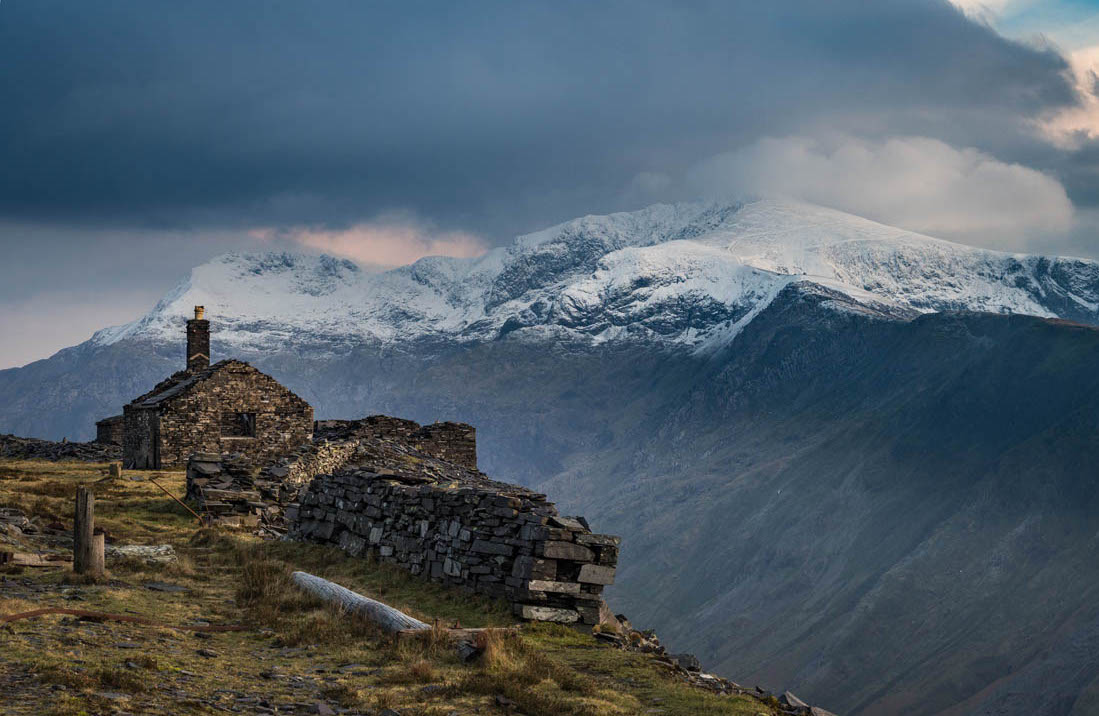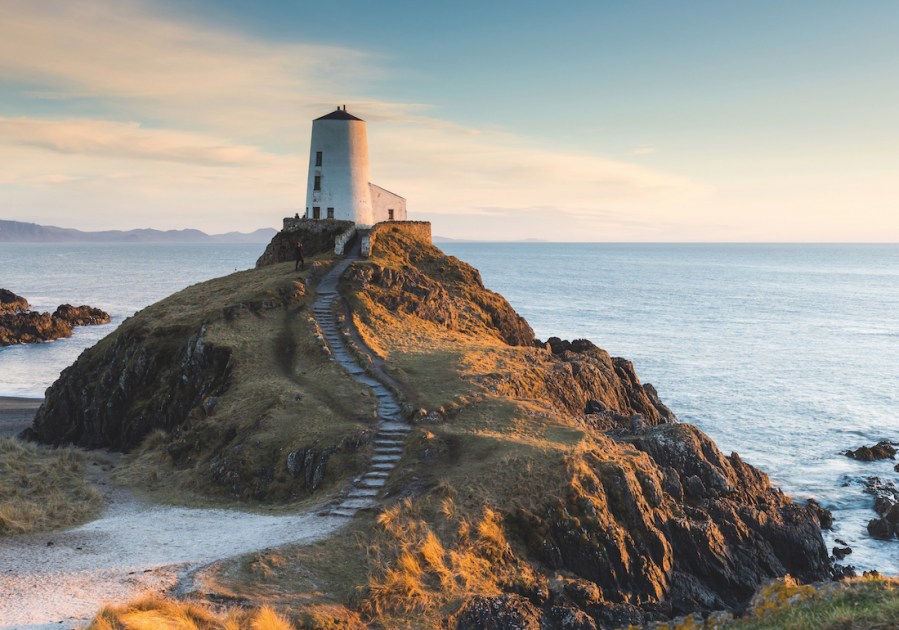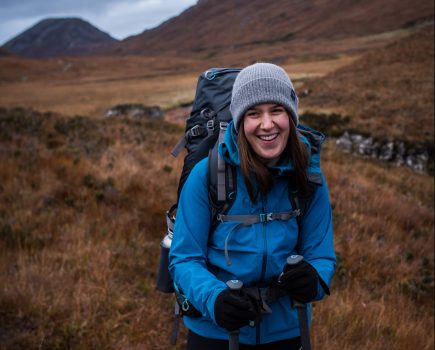Mud, pubs and industrial remnants: after 15 years in the UK, Matilda Welin takes a wry look at Britain’s walking culture compared to her native Sweden.
Main image: Twr Mawr lighthouse on Anglesey. Photo: Shutterstock
Ah, the great British outdoors. How I love you – and how you baffle me.
I moved to the UK from Sweden fifteen years ago. One of the things I miss the most from home is life in nature: the bunkhouses along the Kungsleden mountain trail; the cross-country skiing and lake skating in winter; and the organic, pine-tree-scented air which hits you as soon as you exit the airplane at Arlanda airport.
Since coming here, I have enjoyed British swimming, fellwalking, cycling and camping instead. And I have done it cheek by jowl with you Brits. Here is what I have found.
To begin with: British outdoor explorers will not be deterred. These small islands, in the middle of the warm Gulf Stream, have very little of Sweden’s endless forests or väglöst land – land with no roads for miles and miles. There are no Alps and there is no jungle. But that doesn’t matter. Brits approach their outdoors excursions with a sense of pride and grandeur.
Stanley! Shackleton! Scott! You stand on the shoulders of giants – although modern excursions seem to focus on the nature side of things rather than on the colonisation, which is quite a relief for the rest of us. Also, you are committed. Swedes go for a walk because it might be nice. Brits go for a walk because that is what you do. Now, dig out that rain jacket and stride on.
In school, we learned that Britain was the birthplace of industrialisation. When I spend time in nature here, I see this all around me. The UK wears its history of man-meets-nature on its sleeve. Walks along canals, treks past Welsh slate mines, passages through kissing gates set in ancient drystone walls – outdoor life here almost always weaves around traces of human interaction with the landscape. Everywhere are signs of people’s ingenuity, their engineering skills. I go for a swim in the Royal Docks, opened in 1855 with a depth of thirteen metres. I take part in an overnight cycle tour in the Fens, first drained by Dutch engineers almost three hundred years ago. I come home amazed.

Snowdon seen from the remains of Dinorwic slate quarry above Llanberis. Photo: Shutterstock
Britain is smaller than Sweden, and its natural features are smaller, too. At home, the last ice age has ensured that fellwalking means trudging on for five hours and still being in the same valley you started in. Here, there is variation. Thanks for that! People here also live more packed together. The access to outdoor space is more unequal. I realise there are children in London that have never seen a forest. It shocks me.
All the people mean something else as well, though. The countryside here is alive. On my walks, there is always a village around the next hillock. When I get there, the cricket players are out; white dots on the central green. Next to it is the pub. Oh, how I love the countryside walkers’ pub! A fire, two dogs, a newspaper half-read on the bar. A local with a pint, chatting to a tourist in Gore-Tex (also with a pint). As I sit down, perusing the menu, I think of the soggy sandwiches I used to fish out from the depths of my bag back home.
Yes, fifteen years of British outdoors life has charmed me. And it has left me confused. Dear Brits: who came up with the, as far as I can tell, legal requirement for day trip walkers to own a small dog? And why is all outdoor swimming ‘wild’?
Then there is the mud. Since moving to Britain, I have seen (and personally been covered in) more mud than I thought humanly possible. I have learnt the hard way to never go mountain biking in January. Not to mention the endless up-and-down of your coastal paths. A few years ago, when my mum and brother visited from back home, I took them walking in Cornwall. After my fifteenth promise that it would be just a little further, my brother almost staged a mutiny.
Yes, yes, I understand. You cannot do anything about the mud, and you quite like the many small dogs (to be honest, so do I). And all in all, I can assure you: the positives have won me over.
It worked on my mum and brother, too. Shortly after the coastal path mutiny threat, we found a nice walkers’ pub with an open fire. They immediately forgave me.







